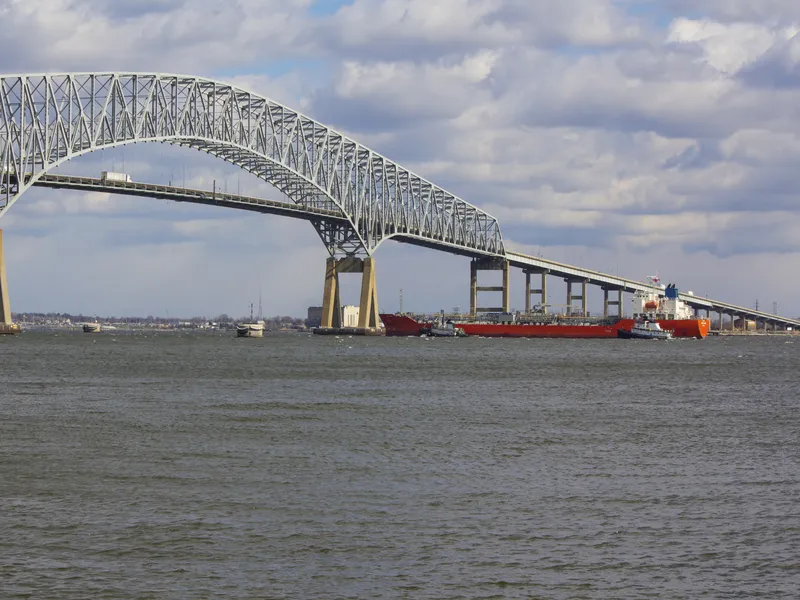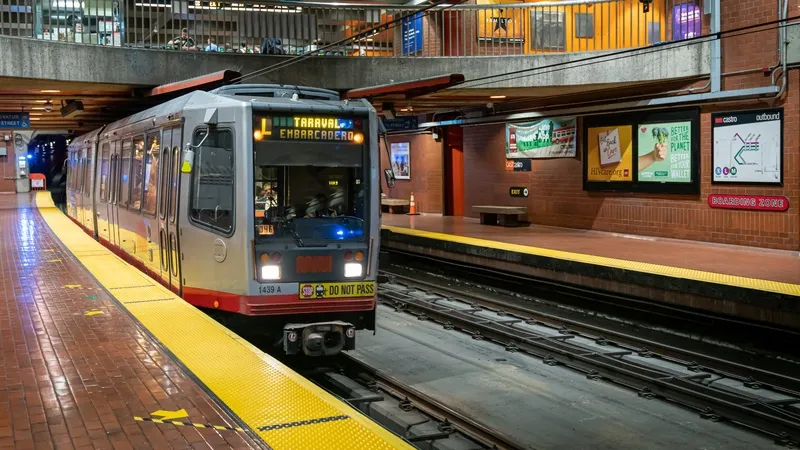
The International Bridge, Tunnel, and Turnpike Association (IBTTA) has expressed its sorrow at the "devastating collapse" of the Francis Scott Key Bridge in Baltimore, US.
The Maryland Transportation Authority, which operates the bridge, is an IBTTA member, and this tragedy "is deeply personal for the association".
Full statement below:
The International Bridge, Tunnel and Turnpike Association (IBTTA) is deeply saddened by the tragic collapse early this morning of the Francis Scott Key Bridge over the Patapsco River in Baltimore, Maryland. Our hearts are heavy as we mourn the loss of life and devastation caused by this catastrophic event.
According to reports, the collapse occurred after the bridge was struck by a container ship, leading to a significant portion of the structure falling into the river below. The impact of this incident has been felt not only by the people of Baltimore and Maryland but also by the entire region, as the Francis Scott Key Bridge serves as a vital link in the transportation network.
Our thoughts and prayers are with the families and loved ones of those affected by this tragedy. We extend our deepest condolences to the community as they grapple with this unimaginable loss.
Additionally, we stand in solidarity with the Maryland Department of Transportation and our member, the Maryland Transportation Authority, which operates the Francis Scott Key Bridge. We offer our full support and assistance as they work tirelessly to assess the situation, conduct rescue operations, and begin the process of recovery and rebuilding.
As an organization dedicated to promoting the safety and resilience of transportation infrastructure, IBTTA recognizes the importance of thorough investigations into the causes of such incidents to prevent future tragedies. We remain committed to working with authorities and stakeholders to ensure the safety and integrity of bridges and other critical transportation assets.
In this time of sorrow and uncertainty, let us come together as a community to support one another and offer assistance to those in need. The road to recovery will be long, but with resilience, determination, and the support of each other, we will overcome this tragedy.








